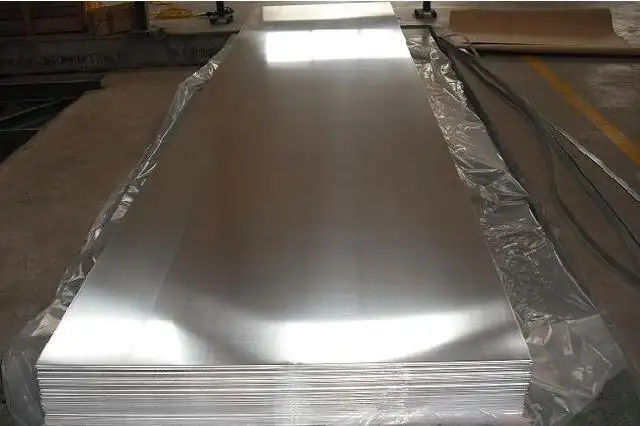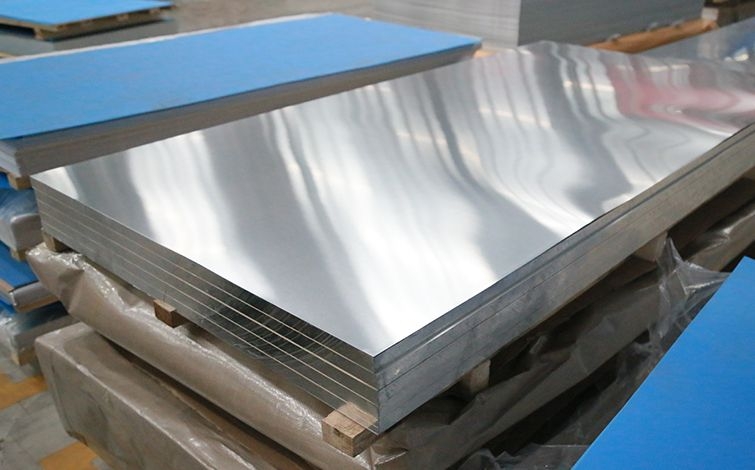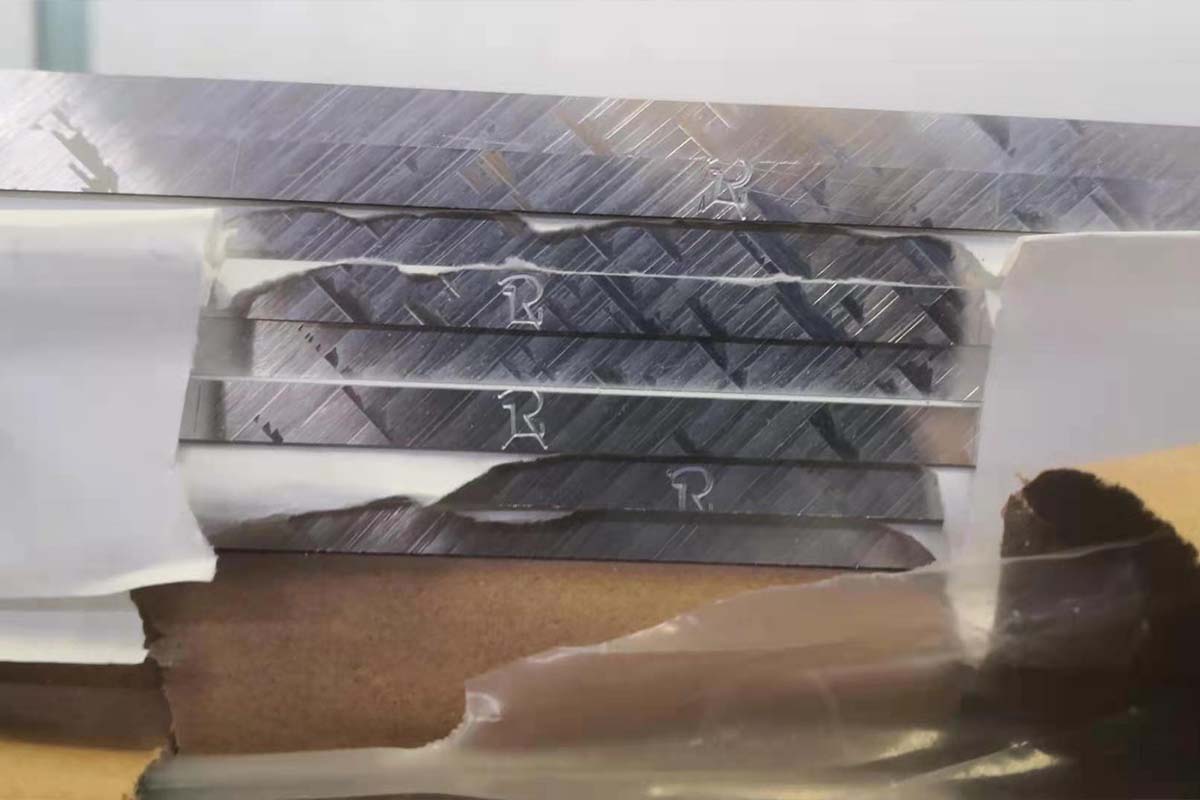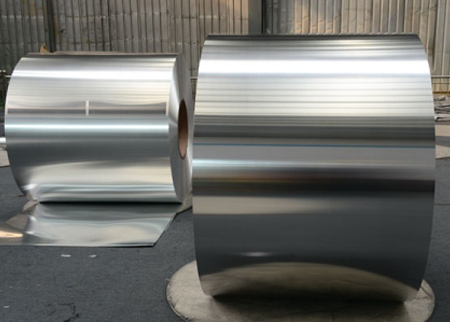



What are the advantages of wrought aluminum alloy?
Wrought aluminum alloys are produced by melting pure aluminum ingots while adding specific amounts of desired alloying elements. The metal is then formed into a billet or slab that can be forged, rolled or extruded into the desired shape. Depending on the alloy (heat treatable or not), it may also be heat treated to improve its mechanical properties.
Depending on the amount of wrought aluminum used in industrial production, there are several main advantages compared to casting aluminum into the required components.
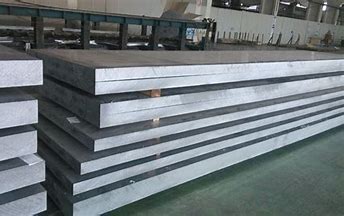
Due to the casting process, cast aluminum parts tend to have lower tensile strength and lose some of the alloy's natural properties. This is due to naturally occurring casting defects such as porosity and alloy segregation.
Wrought aluminum alloys tend to retain their mechanical properties because the forming process performed is mechanical in nature. While cast aluminum is generally less expensive and more cost-effective, lower tensile strength and other disadvantages make it less popular for many applications.
Among the many advantages, forged products have many good mechanical properties compared to cast products. They maintain structural integrity more effectively, exhibit a good surface finish, and are better suited to aluminum processing techniques such as extrusion, welding, and machining.
* Thank you for your inquiry. Please provide your business needs information so that we can better serve you.
This information can help us assign the most suitable person to solve your problem. We will give you feedback within 1-2 working days.
Related Blog
